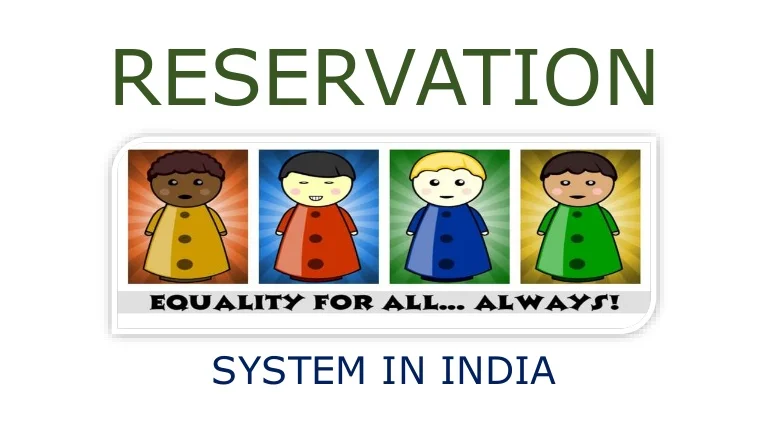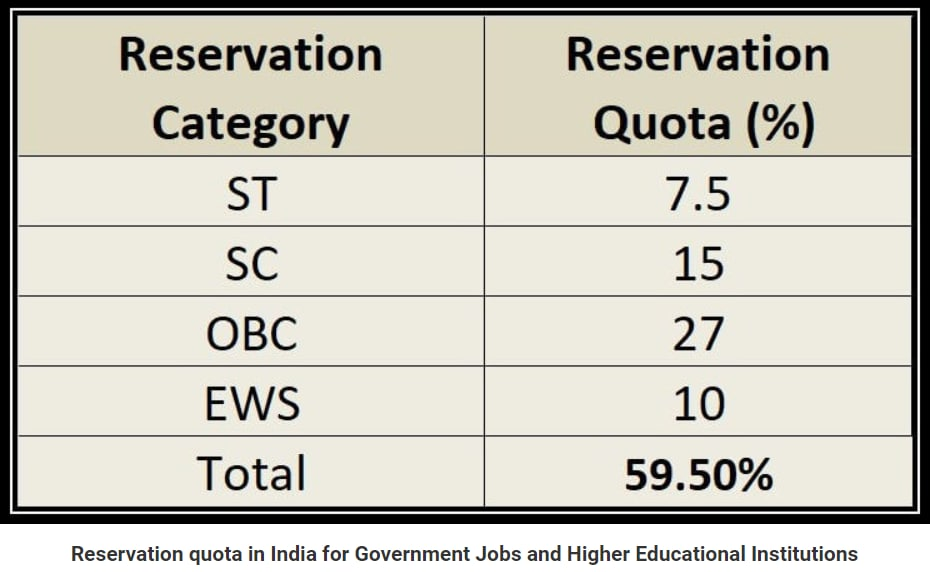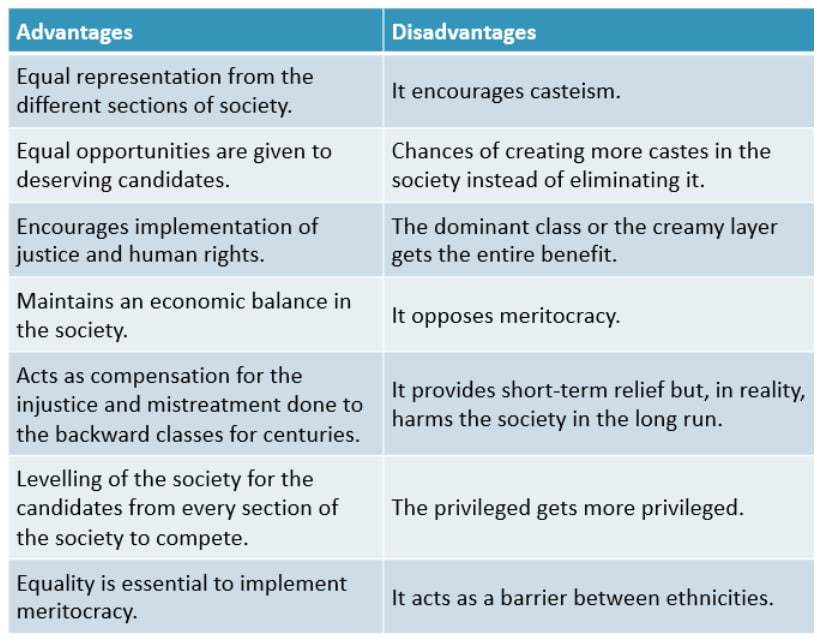Free Courses Sale ends Soon, Get It Now


Free Courses Sale ends Soon, Get It Now



Copyright infringement is not intended
Context - The Supreme Court strikes down the Vanniyars quota in Tamil Nadu.
Details
Vanniyars community
Reservation System in India

Arguments in the favour of Reservation System
Arguments against Reservation System

https://www.thehindu.com/todays-paper/sc-strikes-down-tn-vanniyar-quota/article65279755.ece
© 2024 iasgyan. All right reserved